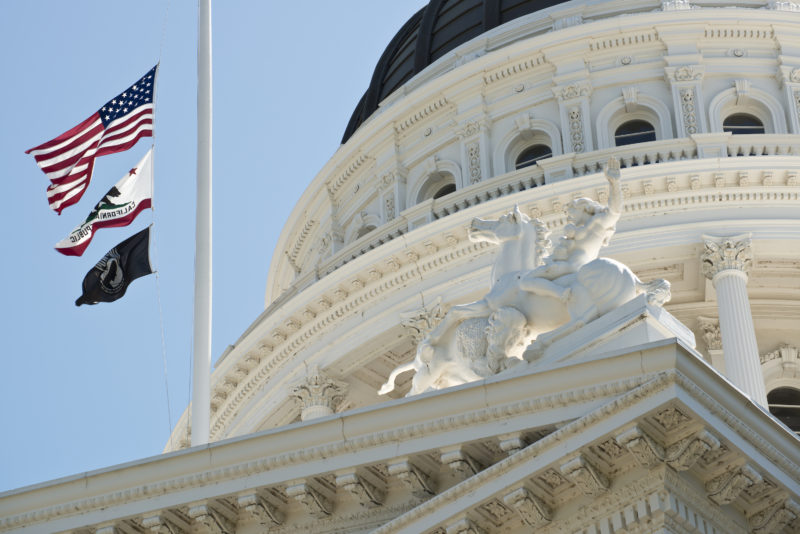Opinion: Reform the Job-Killing Private Attorneys General Act to Help California Economy Recover

Widespread vaccinations are putting the COVID-19 pandemic in the rearview mirror. Now, it’s time for California lawmakers to focus on helping the state’s beleaguered economy recover.
Data from the Bureau of Labor Statistics indicates that California has the second-highest unemployment rate in the nation. Roughly 20,000 state businesses have closed permanently.
New research from my organization, the California Business and Industrial Alliance, identifies one key way to help the state get back on track: reform California’s Private Attorneys General Act.
PAGA deputizes ordinary employees to act as agents of the state labor department, allowing them to file employment violation claims against employers and share in the penalty or settlement income. In practice, PAGA has become a cash cow for trial lawyers, who file thousands of frivolous lawsuits each year and collect the vast majority of the proceeds.
PAGA claims are often for administrative or good-faith violations of California’s 1,100-page labor code. For instance, employers who allow their employees to take flexible lunch hours expose themselves to PAGA lawsuits for violating California’s labor law requiring set break times. Employers who give their employees holiday or performance-based bonuses could face PAGA claims if they don’t factor these bonuses into employees’ underlying base rate of pay on which overtime compensation is calculated.
